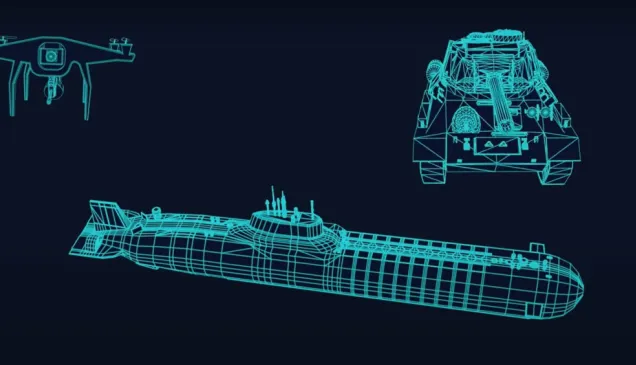ICRC and IFRC adopt the Climate and Environment Charter for Humanitarian Organizations

The Climate and Environment Charter for Humanitarian Organizations is now opened for signature by all humanitarian organizations, following its adoption by the International Committee of the Red Cross and the International Federation of Red Cross and Red Crescent Societies. The Charter intends to galvanize and steer collective action in response to the dramatic impacts of the climate and environmental crises, in particular for those who will feel their impacts the most.
The Charter is the result of a broad consultative process across the humanitarian sector led by the ICRC and IFRC, with the support of an advisory committee bringing together humanitarian, climate and environment experts. Hundreds of humanitarian professionals and organizations, including UN agencies, international NGOs, RCRC National Societies, and local and national organizations have been consulted on the content of the document and provided feedback on the Charter.
The Charter includes seven high-level commitments to guide the sector's response to the climate and environmental crises. First among them is a commitment to step up the humanitarian response to growing needs and help people adapt to the growing impacts of these crises.
Second, the Charter makes a commitment to maximize the environmental sustainability of humanitarian programmes and operations and to reduce greenhouse gas emissions, while maintaining the ability to provide timely and principled assistance.
These commitments will only be possible by embracing local leadership, increasing the capacity to understand climate and environmental risks, and working together across and beyond the sector to mobilise even more ambitious climate action.
The ICRC has also adopted a set of three organizational targets and a roadmap for their implementation:
- Factoring climate and environmental risks in all programs by 2025.
- Reducing ICRC's greenhouse gas emissions by at least 50% by 2030, compared to 2018 levels, including all direct and indirect emissions.
- Strengthening awareness, understanding and implementation of IHL protecting the environment among States and parties to conflict as a result of the ICRC's bilateral and multilateral engagement, publications, and legal tools by 2025.
The climate and environmental crises are humanitarian crises. They affect all of us — but they do not affect all of us equally.
Those who have contributed least to the problem are often at the highest risk. The Charter is our commitment to do our part to respond to these crises, meet rising needs, and work together to prevent further death and suffering.
To sign the Charter and find guidance on its implementation please visit www.climate-charter.org



